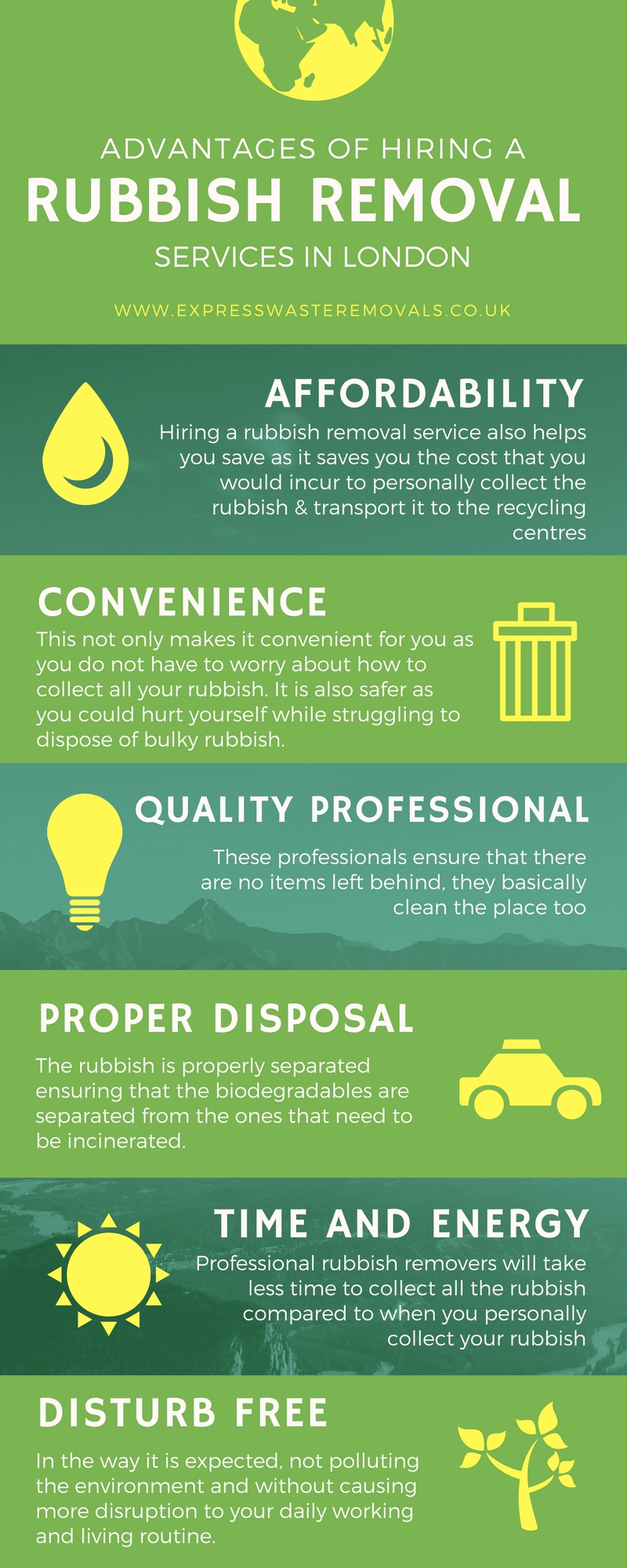Are You Curious About Learning How To Correctly Deal With Contaminated Materials In Your Rental Dumpster? Discover Professional Assistance To Guarantee Your Security And Protect The Setting
Are You Curious About Learning How To Correctly Deal With Contaminated Materials In Your Rental Dumpster? Discover Professional Assistance To Guarantee Your Security And Protect The Setting
Blog Article
Created By-Rafferty Lindholm
When it concerns managing hazardous waste in your rental dumpster, browsing the complexities can be daunting. From identifying potentially hazardous products to making certain risk-free disposal methods, skilled recommendations can be the key to safeguarding both your well-being and the atmosphere. By familiarizing yourself with key methods for handling hazardous waste, you are taking a positive action towards responsible waste administration. Stay tuned to find essential pointers that can encourage you to make informed decisions and mitigate threats successfully.
Identifying Contaminated Materials
To identify hazardous waste in your rental dumpster, inspect items for labels indicating danger or toxicity. Look for words like 'flammable,' 'harsh,' 'harmful,' or 'harmful.' visit web site as batteries, pesticides, cleansing products, paints, fluorescent light bulbs, and digital tools may consist of dangerous compounds. Look for symbols like skulls, fires, or the letters 'RCRA' (Source Preservation and Recuperation Act) on containers.
Beware of unlabeled items or unknown substances, as they could present risks. Remember, even apparently harmless things like old batteries or ran out medications can be hazardous otherwise taken care of correctly. If you're not sure about a product, don't toss it in the dumpster. It's much better to be risk-free than sorry when it concerns taking care of potentially harmful waste.
Safe Handling Procedures
When taking care of hazardous waste in your rental dumpster, always prioritize safety and security by complying with proper taking care of treatments.
Begin by wearing suitable personal safety equipment (PPE) such as gloves, goggles, and a mask to protect yourself from damaging compounds. Make certain to carefully review and follow the producer's guidelines on handling and disposing of the unsafe materials.
When disposing of sharp objects or damaged glass, use durable handwear covers and double-bag the items to avoid punctures and leaks. In addition, segregate different kinds of contaminated materials to avoid chain reactions or contamination.
Always maintain a spill kit nearby in case of mishaps, and be prepared to contain and tidy up any spills right away. Bear in mind to securely secure all containers prior to putting them in the dumpster to stop leakages and exposure to others.
Proper Disposal Techniques
Make sure that you recognize the correct disposal methods for hazardous waste when using your rental dumpster, keeping a focus on security and ecological responsibility.
When taking care of contaminated materials, it's vital to comply with details guidelines to avoid harm to on your own, others, and the environment. Start by segregating different types of harmful products to stay clear of chemical reactions that can cause dangerous situations. Make sure to utilize appropriate containers that are watertight and labeled appropriately to make certain proper handling throughout disposal.
Additionally, study neighborhood regulations and disposal facilities that can accept hazardous waste to assure that it's gotten rid of properly. Never try to throw away read article in a regular trash can or pour it down the drain, as this can have serious effects.
Verdict
To conclude, when taking care of contaminated materials in your rental dumpster, remember to prioritize safety and security by following specialist guidance on recognizing, dealing with, and taking care of these products.
By using protective gear, setting apart waste, and investigating local guidelines, you can protect against harm to yourself, others, and the setting.
Keep alert, beware, and always focus on security initially.
